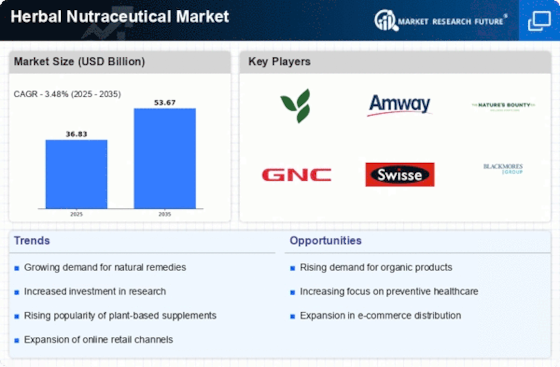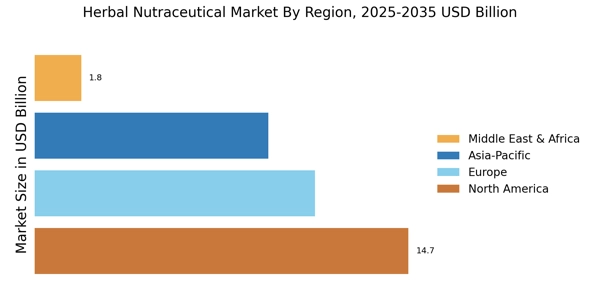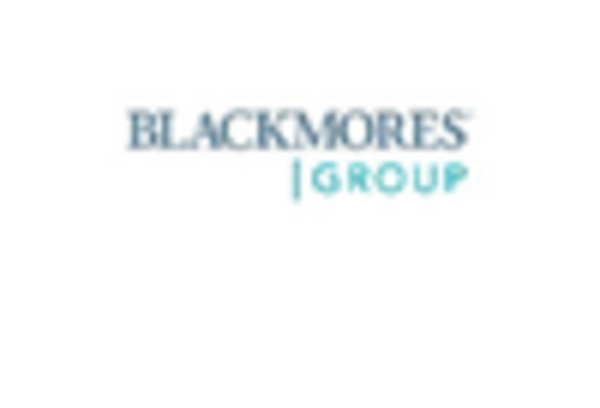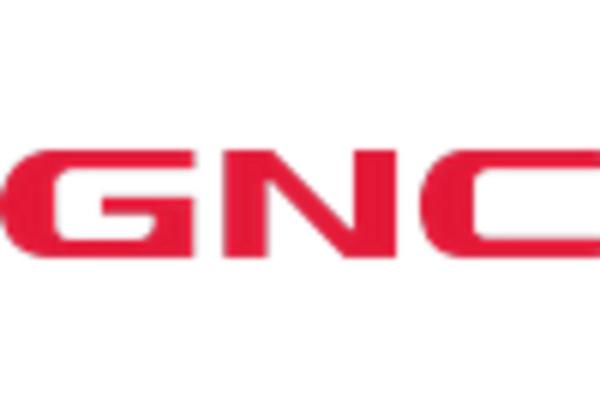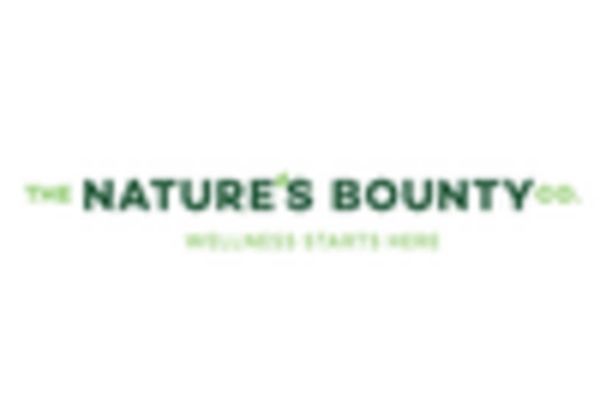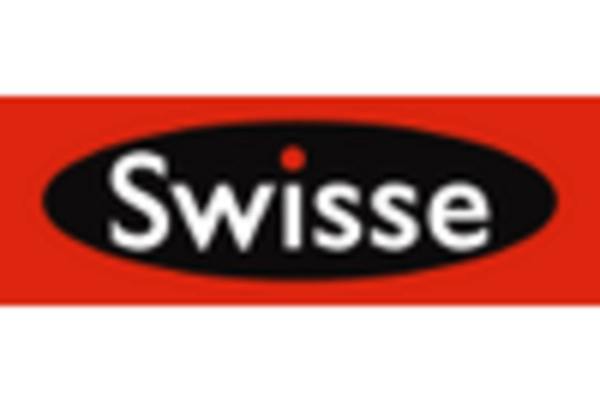Aging Population
The demographic shift towards an aging population is significantly influencing the Herbal Nutraceutical Market. As individuals age, they often seek products that can enhance their quality of life and address age-related health concerns. This demographic is increasingly inclined to use herbal nutraceuticals for their perceived benefits in managing chronic conditions and promoting overall well-being. Market analysis suggests that the segment of consumers aged 50 and above is expected to account for a substantial portion of the market share, potentially reaching 40% by 2030. This trend compels manufacturers to tailor their offerings to meet the specific needs of older adults, thereby driving innovation within the Herbal Nutraceutical Market.
Increasing Health Consciousness
The Herbal Nutraceutical Market is experiencing a notable surge in demand driven by a growing awareness of health and wellness among consumers. Individuals are increasingly seeking natural alternatives to synthetic products, which has led to a rise in the consumption of herbal nutraceuticals. According to recent data, the market is projected to grow at a compound annual growth rate of approximately 8% over the next five years. This trend indicates a shift towards preventive healthcare, where consumers prioritize maintaining health rather than merely treating ailments. As a result, companies within the Herbal Nutraceutical Market are innovating to meet this demand, offering products that align with consumer preferences for organic and natural ingredients.
Growing Interest in Sustainable Practices
Sustainability is becoming a pivotal concern for consumers, influencing their purchasing decisions within the Herbal Nutraceutical Market. There is a marked preference for products that are sourced sustainably and produced with minimal environmental impact. This trend is prompting companies to adopt eco-friendly practices, from sourcing raw materials to packaging. Market data suggests that consumers are willing to pay a premium for sustainably produced herbal nutraceuticals, indicating a shift towards ethical consumption. As awareness of environmental issues continues to rise, the Herbal Nutraceutical Market is likely to see an increase in demand for products that align with sustainable values, driving further innovation and market growth.
Rising Popularity of Preventive Healthcare
The concept of preventive healthcare is gaining traction, which is positively impacting the Herbal Nutraceutical Market. Consumers are becoming more proactive about their health, seeking products that can help prevent diseases rather than just treating them. This shift is reflected in the increasing sales of herbal supplements that claim to boost immunity, enhance digestion, and improve overall health. Recent statistics indicate that the preventive healthcare market is expected to grow significantly, with herbal nutraceuticals playing a crucial role in this expansion. Companies are responding by developing products that emphasize preventive benefits, thus aligning with the evolving consumer mindset within the Herbal Nutraceutical Market.
Technological Advancements in Product Development
Technological advancements are reshaping the Herbal Nutraceutical Market, enabling more efficient extraction and formulation processes. Innovations in biotechnology and extraction techniques allow for the development of high-quality herbal products that retain their efficacy. This has led to the introduction of new formulations that cater to specific health needs, enhancing consumer trust and satisfaction. Furthermore, advancements in research methodologies are providing deeper insights into the health benefits of various herbs, which is likely to drive product innovation. As a result, companies that leverage these technologies are positioned to gain a competitive edge in the Herbal Nutraceutical Market, appealing to a more informed consumer base.


